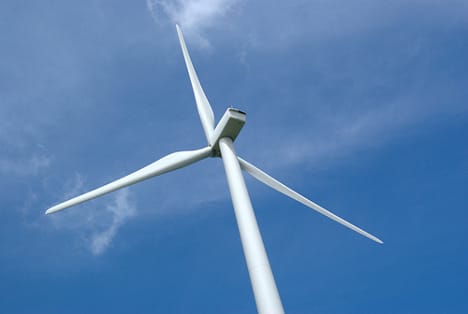Marin paves the way for further expansion of local renewable energy


PG&E fought against it, but Marin Clean Energy prevailed and now residents there can choose renewable energy via Community Choice Aggregation. Under Community Choice Aggregation (CCA), communities can choose what type of power they want with distribution left to the big utilities. It recently received a huge boost from the state legislature under a new law which allows CCAs to count customers as participating unless they specifically opt out.
The Marin CCA now offers two types of renewable energy: light green and deep green. Deep green is 100% renewable energy and costs 10% more than regular power, which is not a huge difference. They now offer 27.5% renewable energy to customers (as well as traditional power), which is well ahead of most power providers.
CCA is now offered in Massachusetts, Ohio, New Jersey, Rhode Island, and California. It gives communities a way to aggregate buying power in order to purchase renewable energy for members. Former Federal Energy Regulatory Commission member Nora Brownell says CCAs are "the only great exceptions to the failure of electric deregulation in the U.S." They often provide power more cheaply than investor-owned utilities. This helps explain why PG&E sponsored Prop 16 in 2010, spending $46 million attempting to pass a measure which would have made it harder for communities to form CCAs. Their efforts failed and voters rejected the measure.
Clean Energy Marin prevailed against what most considered deceptive mailers and fear tactics from PG&E on Prop 16. PG&E spent $4.1 million in Marin alone trying to pass the proposition. Marin has a population of about 250,000 while the total California population is nearly 37 million. Thus, PG&E spent almost 9% of their Prop 16 funding trying to convince less than 1% of California to make CCAs harder to organize. This clearly demonstrates the potentially abusive power of corporations and also demonstrates how the California ballot proposition system is broken and can be gamed by deep- pocketed special interests. Unless, of course, you think that Prop 16 magically appeared from a grassroots effort of concerned citizens, that is.
San Francisco plans a program similar to what Marin is doing. While still in the planning stages, they promise clean power and rates comparable to traditional power. Residents will be able to choose power from PG&E or from CleanPowerSF. The bill will still come from PG&E and participants can opt in or out at any time. They note that a PG&E- funded Astroturf group, the Common Sense Coalition, has been distributing mailers in S.F. opposing them but:
"It doesn't change the fact that CleanPowerSF will provide consumers with greener energy, a choice between energy supplies, competitive pricing and long-term rate stability."
Consumers should have the choice of choosing what types of power they want. And there is no reason that CCAs can't scale, and become regional or even larger in scope.


